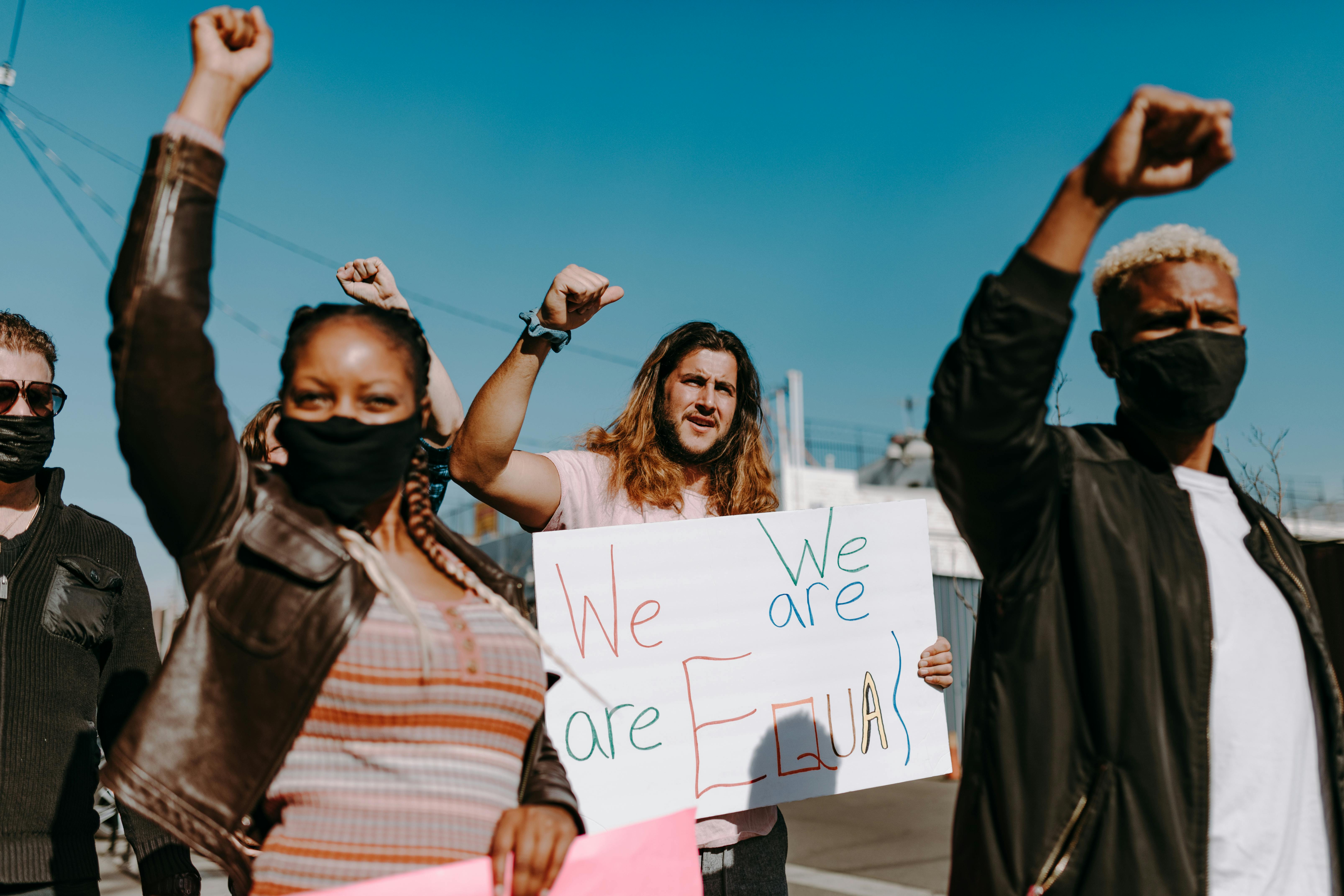
Defamation of character and defamation on social networking sites
Cross-border issues related to defamation on social media
Different jurisdictions apply different rules to what is considered defamation, as well as what is considered liability of the parties involved. Due to the cross-border nature of the Internet, it is important to identify at least the minimum common denominators that apply across various Western jurisdictions, in order to address online defamation.
Generally speaking, there is almost a universal defense against defamation and this is the defense of truthfulness, which would provide a party accused of making defamatory comments with a general defense against such accusations of defamation. As long as comments or posted material contain factual information, it is relatively easy to determine the facts and decide whether or not they are true. If, for example, a buyer of an online DVD player claims that the newly purchased DVD broke after 2 weeks and the provider refused to provide a refund, this would indeed be a problem.
Opinion and defamation of character
The problem usually starts when people post comments containing their opinion about the vendor or the products purchased. For example, if the buyer of a DVD player in the example above claims in a forum comment that the seller is a fraud or fake business, then the person posting the comment may well fall into a riskier area of defamatory posting. . comments To avoid getting in trouble for defamation, it is best to stick to the facts and avoid giving your own interpretation of the reasons behind the negative experience.
The riskiest comments are those that imply dishonesty or a breach of the law by the seller, when this has not been proven in a court of law.
The 2 Most Common Types of Online Defamation of Character
The 2 most common types of online defamation complaints involve comments made by individual buyers of goods or services and comments made anonymously by competitors. Comments made by one company against another tend to be more defamatory because they almost always have an element of malice, rather than being fair.
In relation to defamatory comments made by individuals against other individuals, these tend to be very damaging due to the gossipy nature of those comments. Gossip is viewed by the public as an acceptable form of free speech, which means that those who make these defamatory comments do not necessarily view them as capable of attracting a defamation claim. This, of course, is incorrect because defamatory comments, whether made by individuals against individuals or by individuals against corporations, have the same effect of being lies, which could spread very quickly across the Internet and offline and cause injury. serious to your issue The culpability of individuals and corporations therefore is the same and in both cases spreading lies online creates potential legal action for defamation.
Who can be held responsible for defamatory comments posted on forums and social networks
Social networking sites are becoming a safe haven for those who wish to harm others by posting lies or gossip. It is the newest form of bullying and harassment, where bullies find it convenient to hide behind the darkness that social media provides. The nature of what constitutes ‘defamation’ has remained largely unchanged for generations. What is unclear is the extent to which those who allow such postings should be held accountable. A person who posts lies about another person, whether through social media or more traditional media such as newspaper articles, bears the same responsibility as in the past. But if newspaper publishers were traditionally held responsible for the posts made by readers in their publications, it is now unclear whether or not the hosts of social networking sites and blogs bear the same level of culpability in relation to online defamation. . So there is a gray area here, but not in relation to what is considered defamation or the responsibility of the person posting the fake comments. The gray area is more related to how far down the chain the people and organizations that run social networks and blogs are still responsible for what is published on the websites under their control.
Free speech and defamation online
Thoughts are only capable of being defamatory once they are published. It is almost universally accepted that free speech is not an absolute right and restrictions on free speech are placed whenever a state feels, for example, that its national security might be compromised. Almost every state in the Western world has implemented emergency measures, which very often include at least some kind of restriction on freedom of expression. By definition, defamation laws also have an element of restriction on free speech. It remains to be seen whether those restrictions on free speech should or should be further restricted in the future. In the long term, I envision a shift in thinking in terms of how we perceive and understand that free speech should operate. I think it won’t be long before legislators in various states realize, perhaps because they are personally affected by the issue, that free speech must be restricted in some way to protect not only the economic interests of corporations, but also the well-being and quality of life of individuals who would find it almost intolerable to live in a society where everyone is, in effect, the fair target of defamatory commentary posts. However, this may not happen immediately and mainly for political reasons, things will likely get worse before any serious changes to the rules governing free speech.